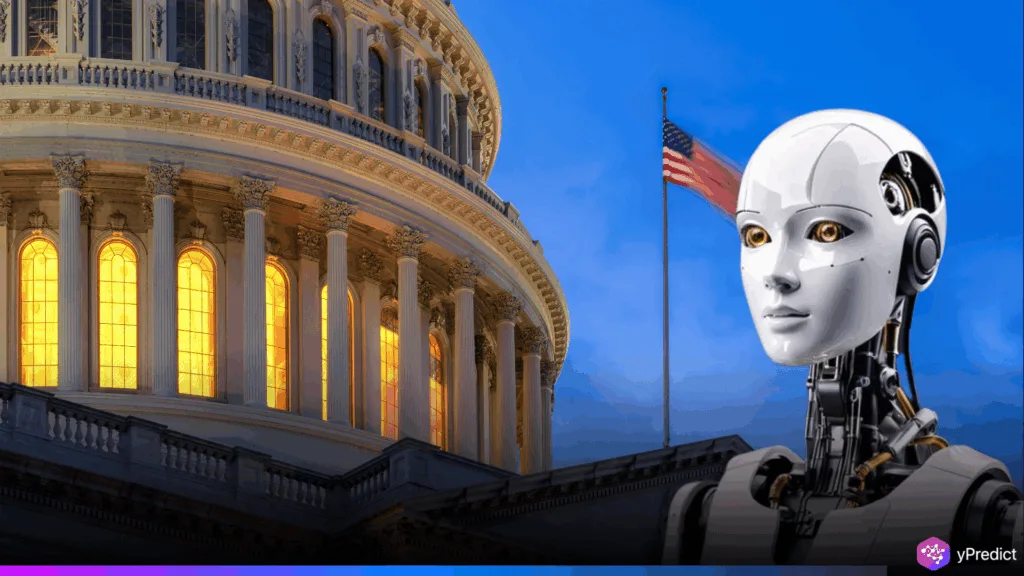
Getty Images has filed a landmark lawsuit against Stability AI in London’s High Court, accusing the AI firm of copyright infringement. Getty claims that without its permission, its images were used to train Stable Diffusion, an AI program that converts text into images.
Stability AI, which was recently financed by the world’s largest advertising firm, WPP, denies any wrongdoing. Furthermore, it asserts that the case poses broader inquiries concerning innovation. This crucial conflict could change the way that creative rights are safeguarded in an AI-driven society.
Getty’s AI Copyright Case Puts Spotlight on Training Data
Getty claims that Stability AI engaged in image scraping, removing millions of copyrighted photos from Getty’s platform, as the case’s central issue. These images were reportedly used to train Stable Diffusion, which allows users to create visual content with only simple instructions. Furthermore, according to Getty, this practice diminishes the value of its proprietary content and is against UK copyright laws.
Stability AI has pushed back strongly, stating that their technology is built on collective human knowledge and supports freedom of expression. They contend that rather than taking the place of creators, tools like Stable Diffusion empower them. Additionally, the business maintains that the case is about how society defines fair use in the age of generative AI rather than theft.
Are AI Lawsuits Reshaping Creative Industry Standards Now?
The Getty case is part of a growing wave of AI lawsuits across the globe. Companies and artists are increasingly challenging how AI models use their data. The issues of ownership, access, and moral limits are brought up by these court cases. Some fear that if companies like Stability AI lose, innovation could be stifled by unclear or overly strict rules.
In the creative rights community, the matter has generated responses outside of the courtroom. Several people, including music icon Elton John, have voiced their support for lawmakers to improve artist protection. Meanwhile, Stability AI maintains that it supports creators, not undermines them.
Additionally, it is still optimistic that the court will view its instruments as transformative rather than exploitative. The direction of policy may also be impacted by the verdict in this case. According to legal experts, the High Court’s ruling might influence future laws in the UK and overseas.
Will Image Scraping Rules Slow AI Development?
Legal experts concur that this case is crucial to the development of AI copyright law. According to Addleshaw Goddard attorney Rebecca Newman, courts are traversing uncharted territory with long-term global ramifications. Furthermore, a ruling in favor of Getty might result in an increase in AI litigation and greater expenses for AI development firms.
Developers are expected to reconsider how they use data as legal scrutiny grows. Additionally, more AI companies might start actively looking for licenses or developing smaller models with publicly accessible datasets. Whether this secures or slows progress is largely dependent on the outcome of the Getty-Stability case.
What Does Getty’s AI Copyright Battle Mean Now?
The Getty case could become the foundation for future AI copyright regulations worldwide. The High Court’s decision is anticipated to change the way training data is sourced and safeguarded, as both sides are arguing. If Getty prevails, higher licensing requirements may be imposed on developers. The limits of fair use might be widened if stability wins out. Thus, in any case, the global AI debate will continue to revolve around creative rights, image scraping, and AI lawsuits.






